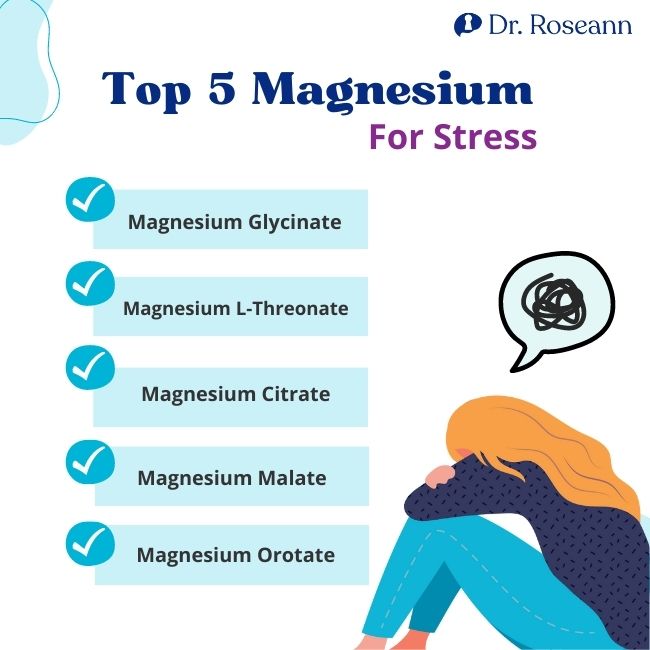1 Vitamin D – The ally of the immune system and bones

Vitamin D is essential for the proper functioning of the immune system, bone and muscle health, and mood regulation. Particularly in regions with little sunlight, many people are deficient.
Proven benefits: prevention of osteoporosis, reduction of respiratory infections, support for mental health Note: Vitamin D is synthesized by the skin under the influence of sunlight, but supplementation is often necessary in winter or for people with low exposure.
2 Omega-3 (EPA/DHA) – For the heart and brain

Omega-3, mainly found in oily fish or certain microalgae, are essential fatty acids for cardiovascular and cognitive health.
Proven benefits: reduced triglycerides, improved memory, anti-inflammatory effect.
Natural sources: salmon, mackerel, sardines, flax or chia oil (for ALA).
3 Magnesium – Against Stress and Fatigue

especially Magnesium is a key mineral for muscle, nerve, and energy function. Many adults are deficient, those who are stressed or have a diet low in green vegetables.
Proven benefits: improved sleep, reduced anxiety, and prevention of cramps and spasms.
Tip: Magnesium is also found in dark chocolate, nuts, and legumes.
4 Probiotics – For a balanced intestinal flora

Probiotics are live microorganisms (such as Lactobacillus or Bifidobacterium) that support the balance of the intestinal microbiota.
Proven benefits: improved digestion, immune support, and reduction of intestinal disorders such as irritable bowel syndrome.
Note: Fermented yogurts contain them, but supplements guarantee more targeted and effective doses.
5 Turmeric (curcumin) – A powerful natural anti-inflammatory

Curcumin, the active ingredient in turmeric, is known for its anti-inflammatory and antioxidant properties.
Proven benefits: relief of joint pain, improved digestion, and potential protection against certain chronic diseases.
Tip: For better absorption, it is recommended to combine it with black pepper (piperine) or a fatty substance.
In conclusion;
Dietary supplements are not a substitute for a balanced diet, but they can enhance overall health, especially in cases of deficiency, stress, or particular exertion. Before using any supplements, it is best to seek advice from a healthcare professional, as needs vary depending on age, lifestyle, and health status.


















